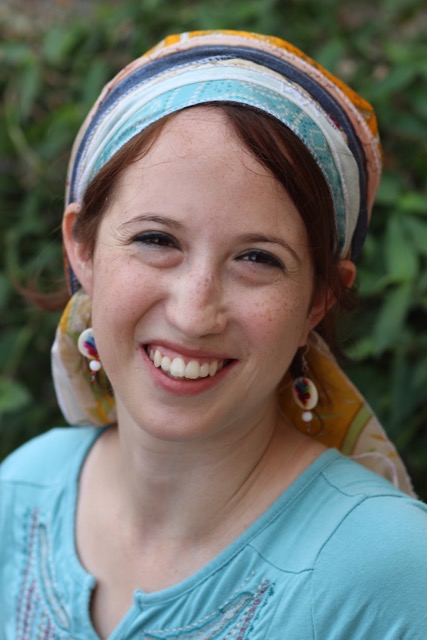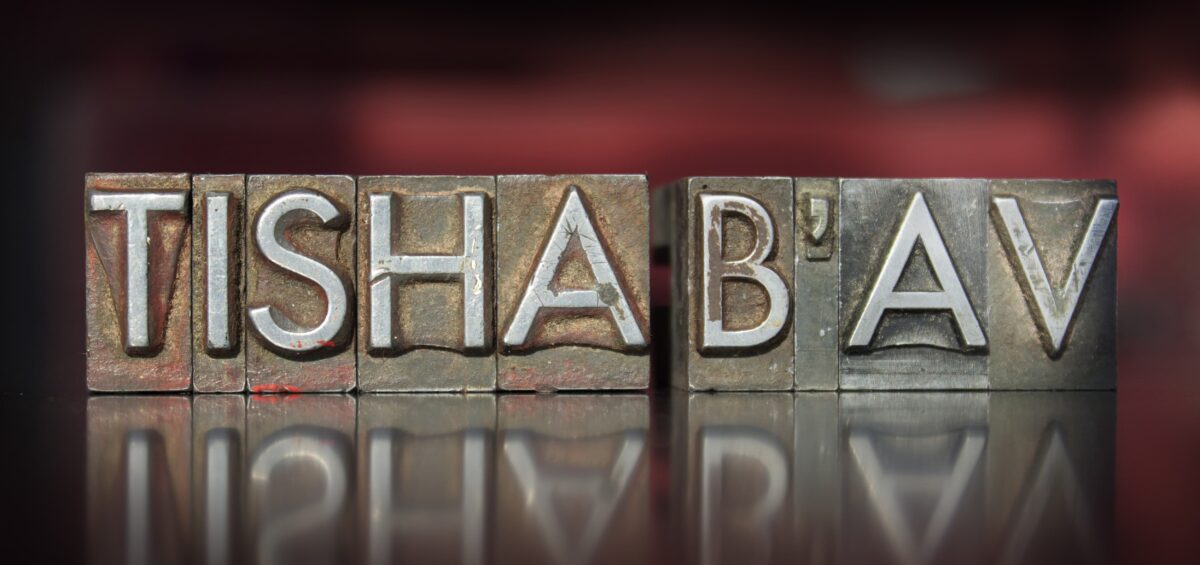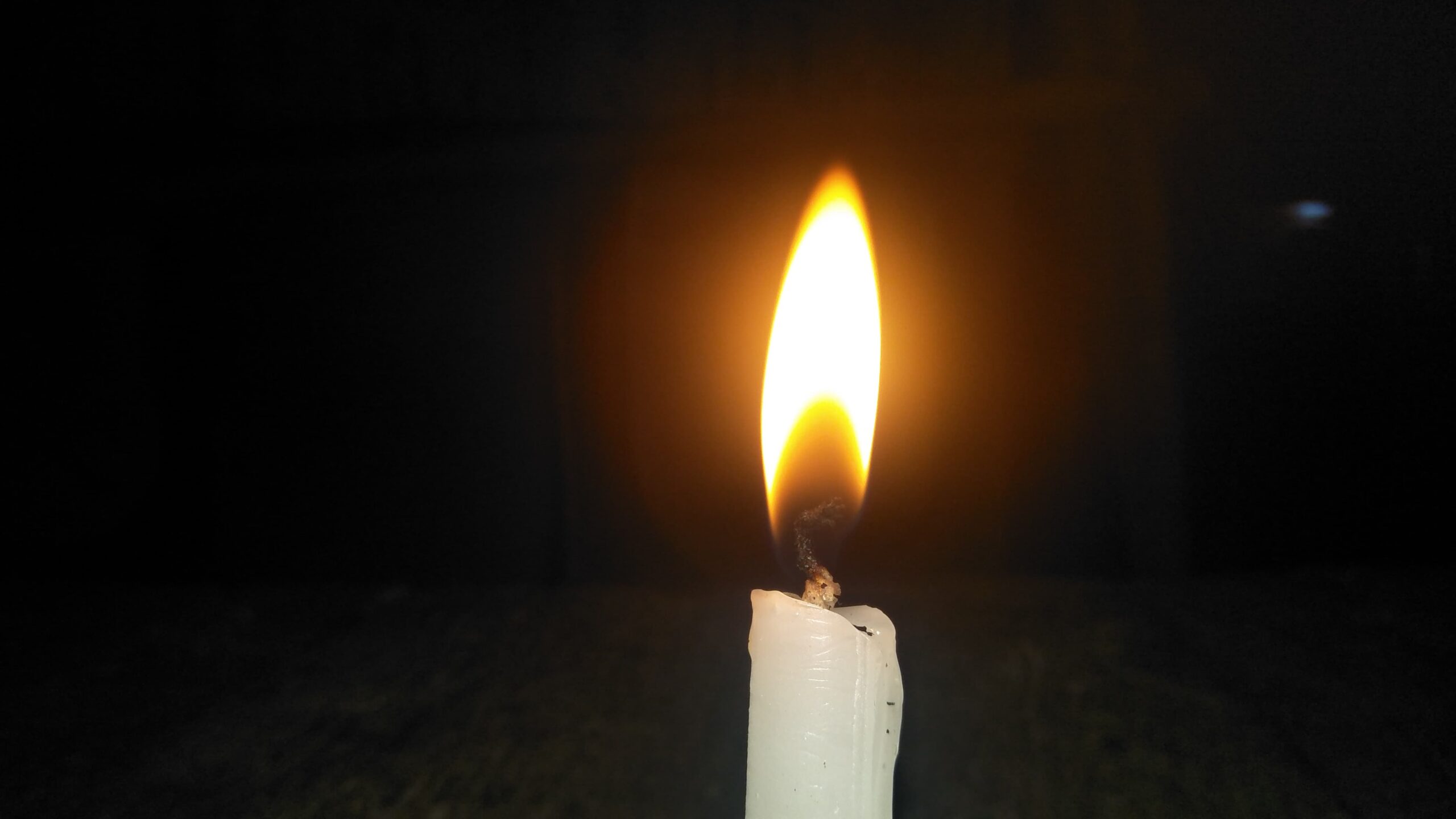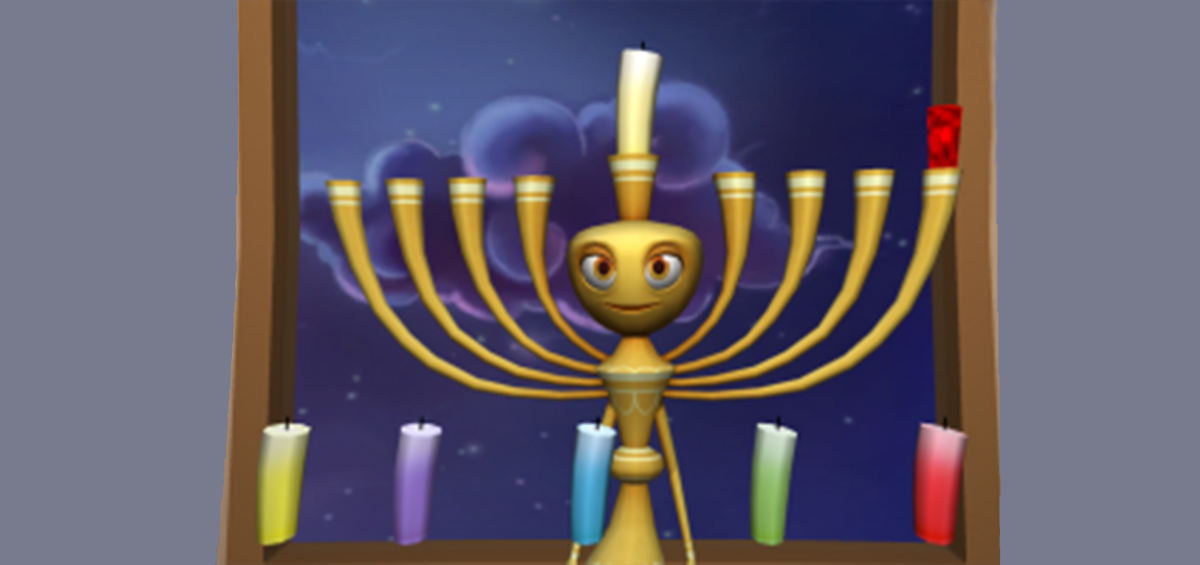Written by Rifki Orzech
I recently read, How Summer Camps Should and Shouldn’t Observe Tisha B’Av, and harking from the British Isles, this list came as a surprise. UK camps would always start after Tisha B’Av, aside from backyard camps for toddlers or lectures there were really no programming options for youth starting before the 9th Av.
You get a sense that the camp programmers had the best intentions but thought shock and awe would honor the day. It’s tiny fire and brimstone projects like these that bewilder their audience and say nothing of the sense of rebuilding that has always been the hallmark of our nation.
The message is simply: Be Sad.
One 9th of Av custom illustrates rebuilding and sfardic women have done this for generations. After chatzot (midday) they get up from their low chairs and wash their floors in preparation for the redemption that the sages tell us will start on Tisha B’Av.
Rabbi Akiva Laughs
R’ Akiva is one personality in the Talmud who personifies this sense of teaching and rebuilding for me. Years of teaching the next generation were for naught when thousands of students perished, either during Roman persecution or a plague. He could have given up then and made every day his 9th of Av. But perhaps his innate positivity saved him…
He found 5 students to replace thousands and started from scratch and until his last breath he was their mentor and teacher. R’ Akiva became one of the 10 martyrs executed by the Romans. When faced with torture for teaching Torah, he laughed. “All my life I’ve been waiting to fulfil the notion ‘You shall love Hashem, your G-d, with all your heart and with all your soul…’ and now I finally have the chance.”
Earlier on in his life he traveled with Rabban Gamliel, R’ Elazar Ben Azarya and R’ Yehoshua to Jerusalem. They tore their clothes in mourning and when they arrived at the Temple Mount, they saw a fox walking around the desecrated site. All began weeping besides for Rabbi Akiva who laughed.
The first three asked Rabbi Akiva,”Why do you laugh?” and he replied, “Why do you weep?” they then replied, “It is written that any unauthorized person who enters the Holy of Holies shall die and now foxes roam there, should we not cry?”
“That’s why I’m laughing,” said Rabbi Akiva. “I see the fulfilment of the prophecy “Zion will be plowed like a field” I internalize the knowledge that all the prophecies will be fulfilled, including those that predict the rebuilding of Jerusalem!” His companions sober and serious replied: “Akiva, you have comforted us.”
It doesn’t mean we should laugh on Tisha B’Av; in fact it would be inappropriate to do so without the proper prompt. Sadness was proper for the three sages who cried and laughter was fitting for Rabbi Akiva who had a very different moment of inspiration compared to his companions. As a parent, you know all too well how close the emotions of laughter and devastation can sometimes be and I don’t think children are all that different to adults. Beauty and meaning are appreciated while eyebrows are raised for meaningless displays of suffering and distress.
Going back to the original article, let’s take it from former camper #10 who said, “Just the act of sitting on the floor, listening to the mysterious tune of Eicha, feeling my fingertips tingle from the sensation of dipping my fingers into the wax of yartzeit candles on the B-side basketball courts … it was powerful.”
Before Tisha B’Av, we read on Shabbat, Chazon Yishayahu, the prophetic reading; it’s the Shabbat of Vision. We need the ability to see the full picture in everything. After recounting our many terrible transgressions, it offers the hope of reunion and reconciliation, which will happen when we “cease to do evil, learn to do good.”
On the Shabbat after Tisha B’Av we read from Isaiah: Nahamu Nahamu Ami.
May we always see the full picture and the other side when we teach our own children.
Akiva, you have comforted us.


Rifki Orzech is an olah, a mother of three and a content writer with five years’ experience. She is passionate about women learning Torah and has completed the Susi Bradfield Educational Leadership Programme for Jewish women at the London School of Jewish Studies.















Leave a Comment